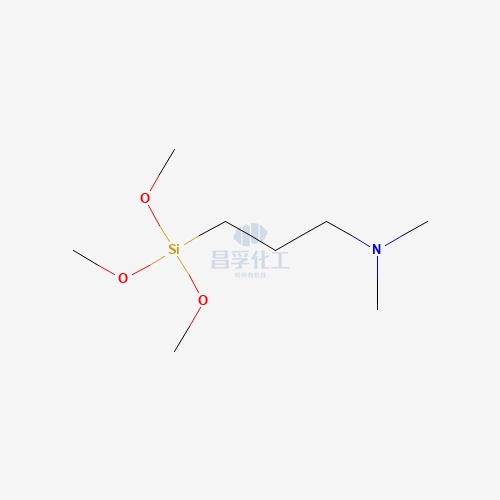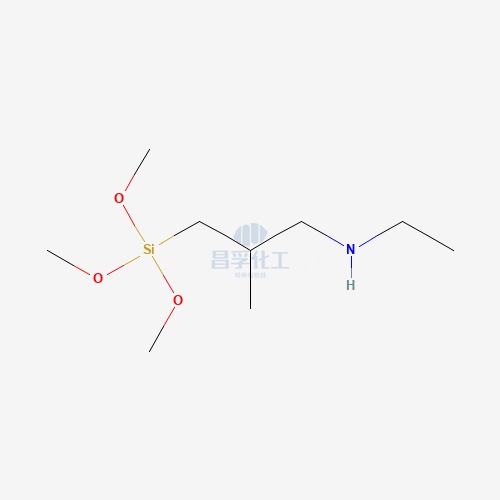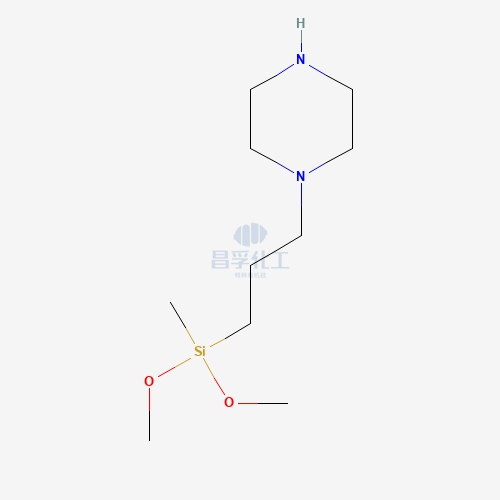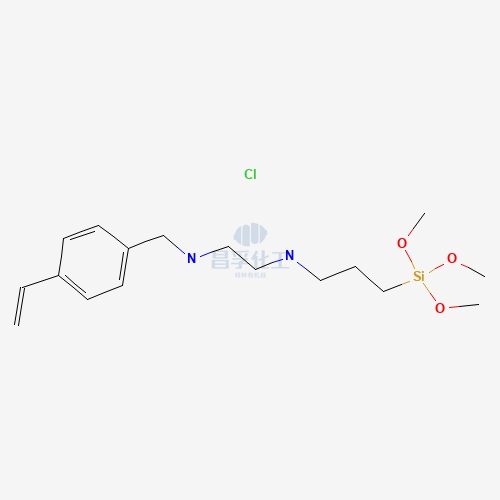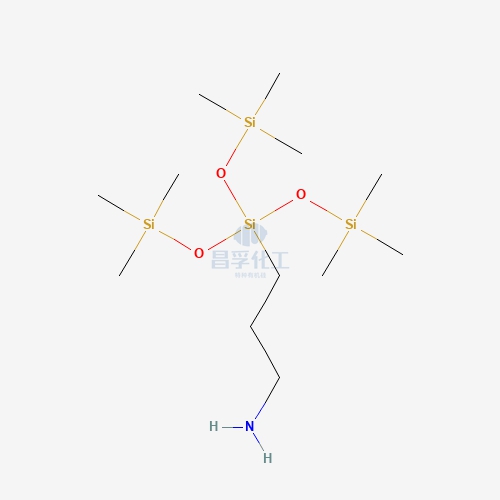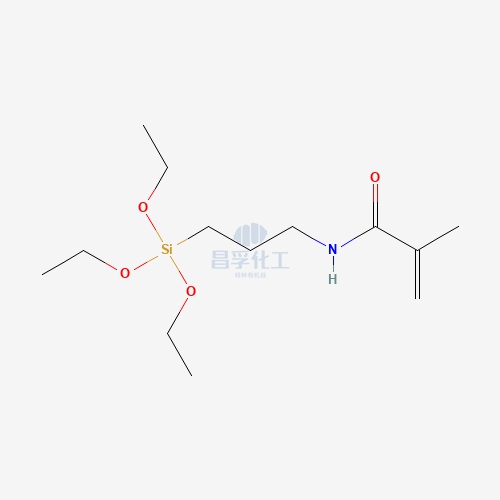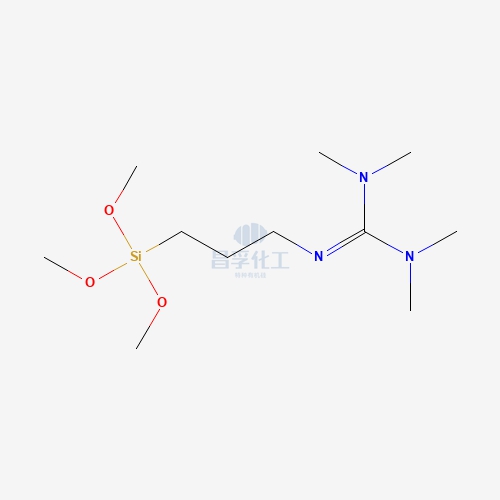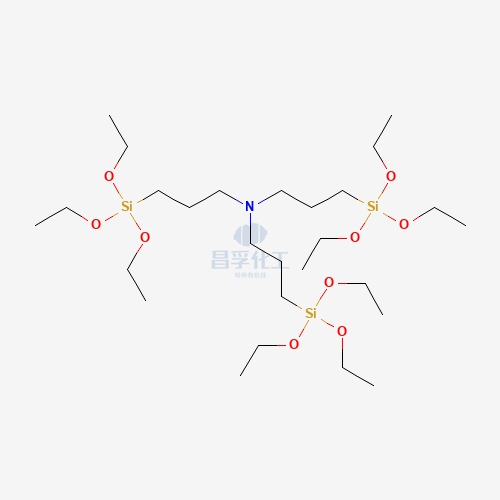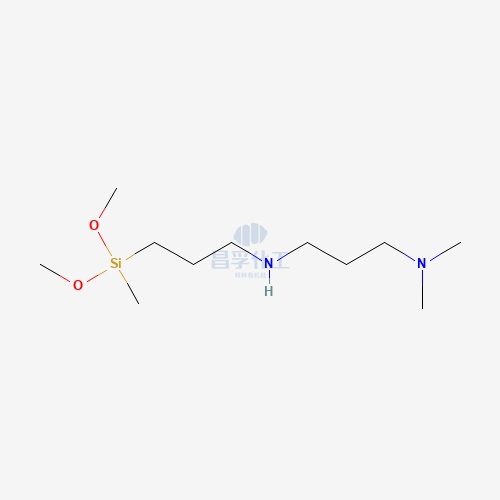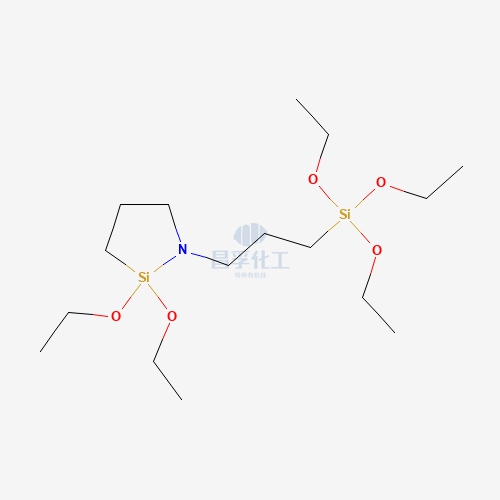
Contact Changfu Chemical Now!
+86 27 8439 6550 | +86 181 6277 0058
Silicon Compounds vs. Silicones: What's the Difference?
Introduction
In the world of chemistry and materials science, terms like "silicon compounds" and "silicones" often appear interchangeably, but they refer to distinct substances with unique properties and applications. Understanding the difference between these two is crucial for industries ranging from electronics to consumer goods. In this blog, we'll explore the definitions, properties, and uses of silicon compounds and silicones, shedding light on their respective roles and importance.
![]()
What are Silicon Compounds?
Silicon compounds are chemical compounds containing silicon, an abundant element in the Earth's crust. These compounds include a variety of forms, such as silicon dioxide (SiO₂), silicates, and silicon carbide (SiC). Silicon compounds are renowned for their hardness, thermal stability, and semiconductor properties.
Key Properties of Silicon Compounds:
- Hardness: Silicon carbide is one of the hardest materials known, used in abrasives and cutting tools.
- Thermal Stability: Silicon dioxide is highly resistant to heat, making it ideal for use in glass and ceramics.
- Semiconductor Abilities: Silicon is fundamental in the electronics industry, forming the basis of integrated circuits and computer chips.
Applications:
- Electronics: Silicon wafers are essential in manufacturing semiconductors.
- Construction: Silicates are used in cement and concrete for their durability.
- Abrasives: Silicon carbide is used in grinding and cutting tools.
What are Silicones?
Silicones, also known as polysiloxanes, are a group of synthetic polymers made from silicon, oxygen, carbon, and hydrogen. Unlike silicon compounds, silicones are flexible, rubber-like materials known for their versatility and resilience.
Key Properties of Silicones:
- Flexibility: Silicones remain flexible over a wide temperature range, from -100°C to 250°C.
- Water Resistance: They are hydrophobic, repelling water and resisting moisture.
- Chemical Stability: Silicones are chemically inert and resistant to weathering, making them durable.
Applications:
- Medical Devices: Used in implants, tubing, and medical adhesives due to their biocompatibility.
- Consumer Goods: Found in kitchenware, personal care products, and sealants for their safety and durability.
- Automotive and Aerospace: Used in gaskets, seals, and insulation materials for their heat resistance and flexibility.
Silicon Compounds vs. Silicones: Understanding the Difference
While both silicon compounds and silicones originate from silicon, their differences lie in their structure, properties, and applications. Silicon compounds are primarily hard and stable materials used in high-temperature and structural applications. In contrast, silicones are flexible, resistant to weathering, and versatile, finding use in a wide range of consumer and industrial products.
Why It Matters
Understanding the distinction between silicon compounds and silicones is essential for selecting the right material for specific applications. Whether designing electronics, constructing buildings, or manufacturing consumer goods, knowing these differences ensures the optimal performance and longevity of the products.
Conclusion
Silicon compounds and silicones play pivotal roles in modern technology and everyday life, each offering unique benefits tailored to specific needs. By grasping their differences and applications, industries can better leverage these materials for innovation and efficiency.
Explore the world of silicon compounds and silicones with Changfu Chemical, a trusted silicone factory of high-quality materials designed to meet your industrial and technological needs. Choose excellence, choose Changfu Chemical.
Popular Silicon Compounds
Popular Silicon Compounds
Related News & Blog
Related News & Blog
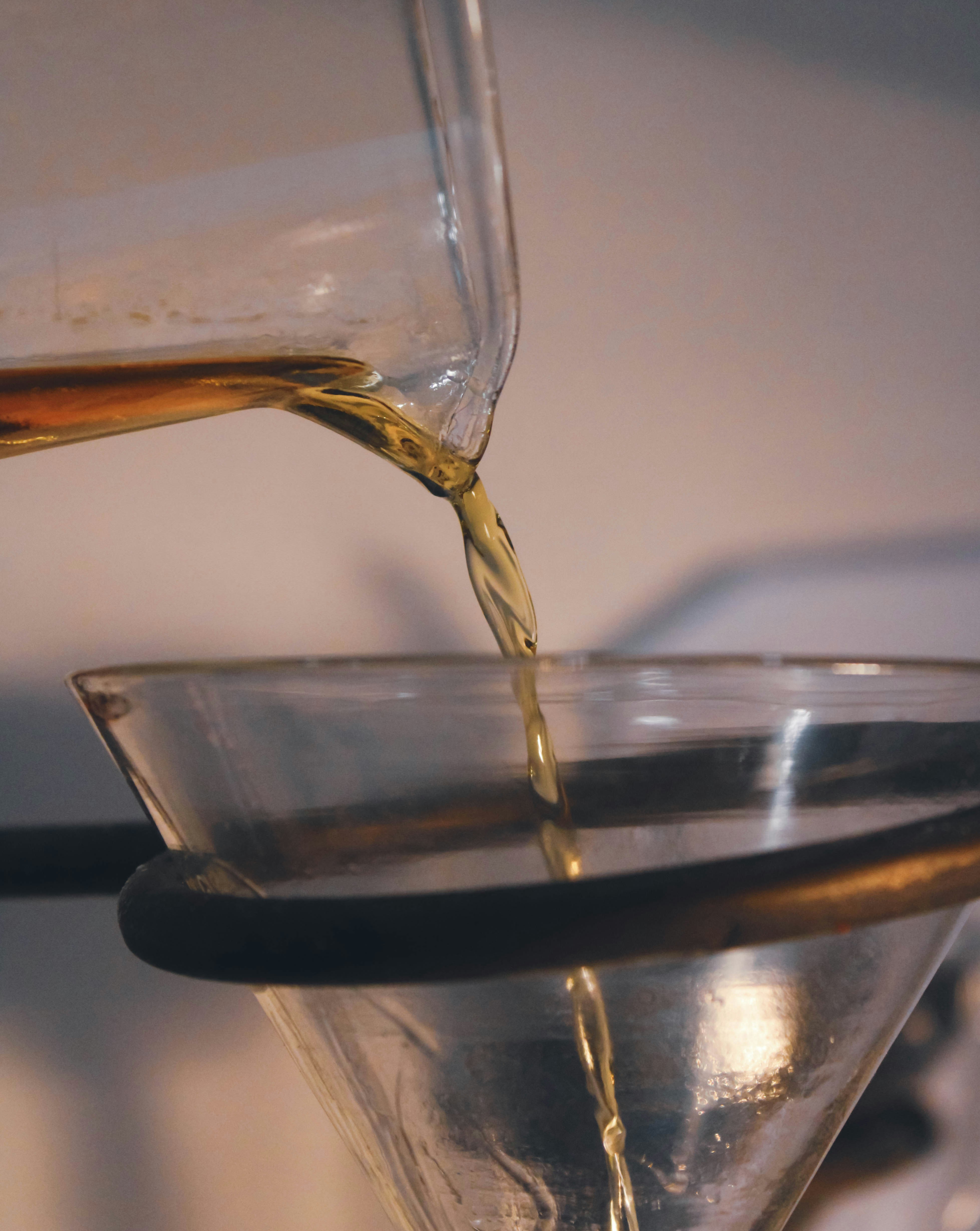

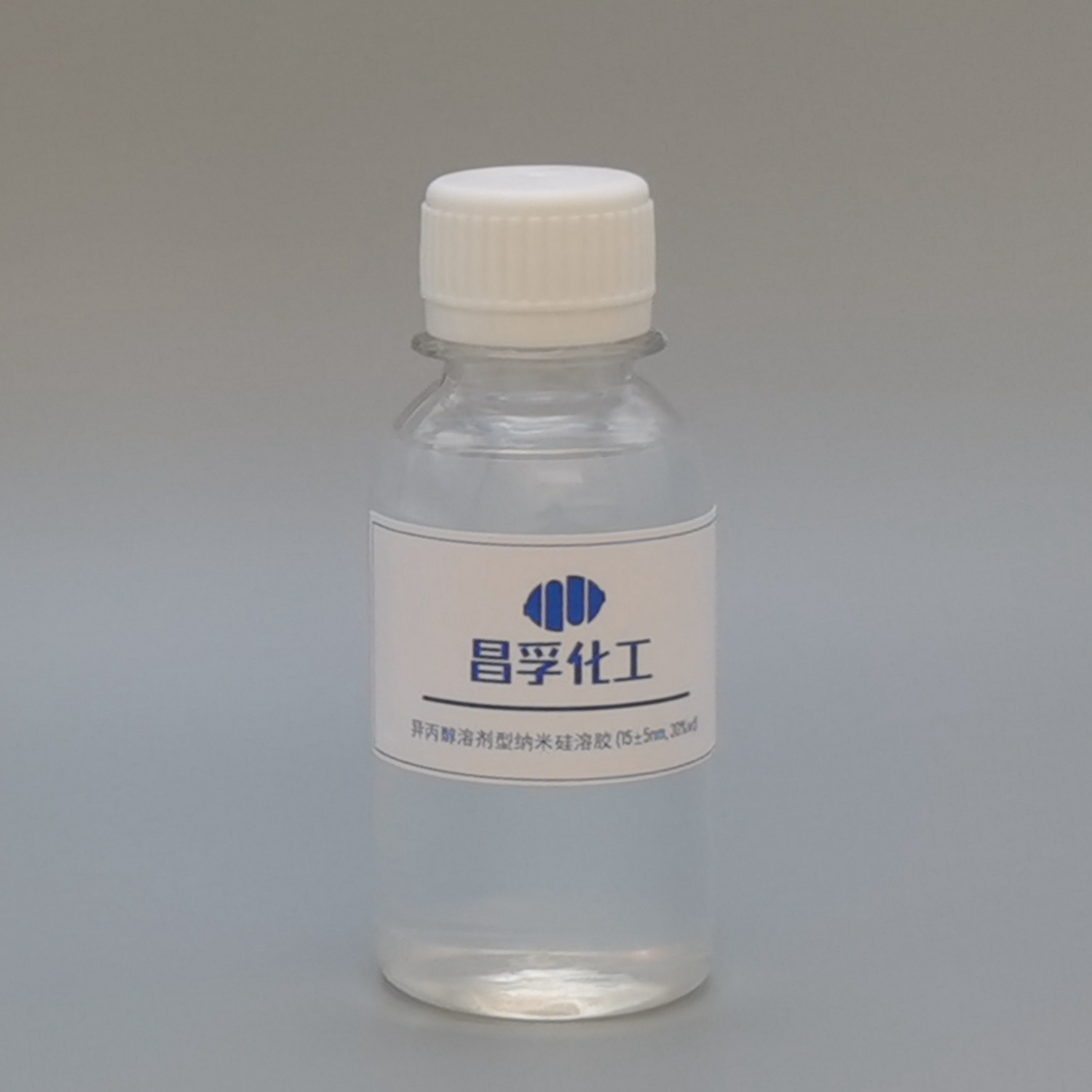
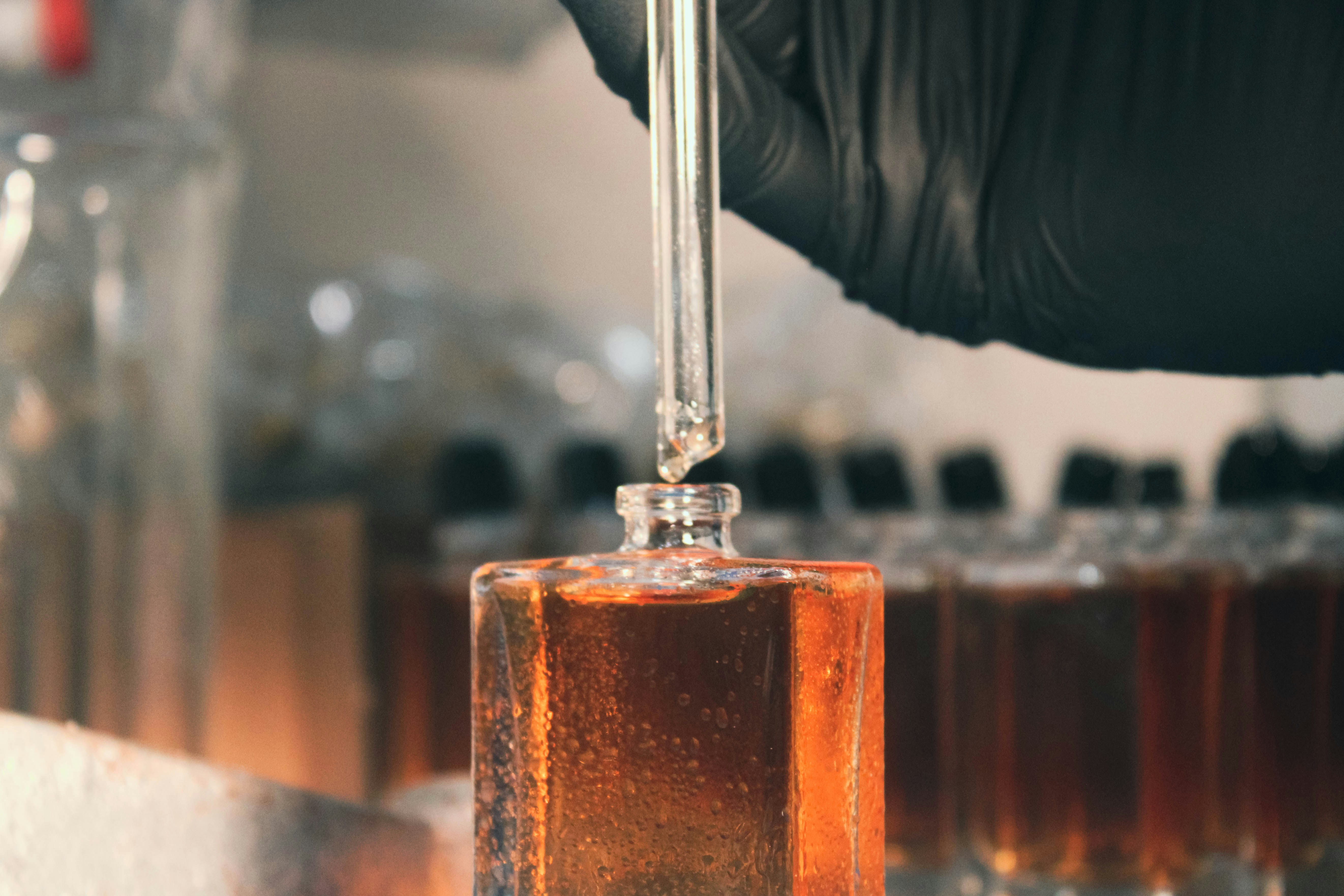
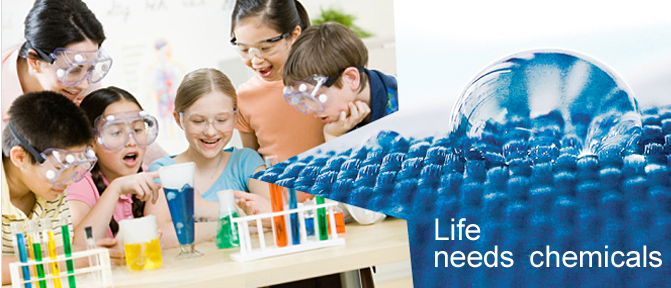
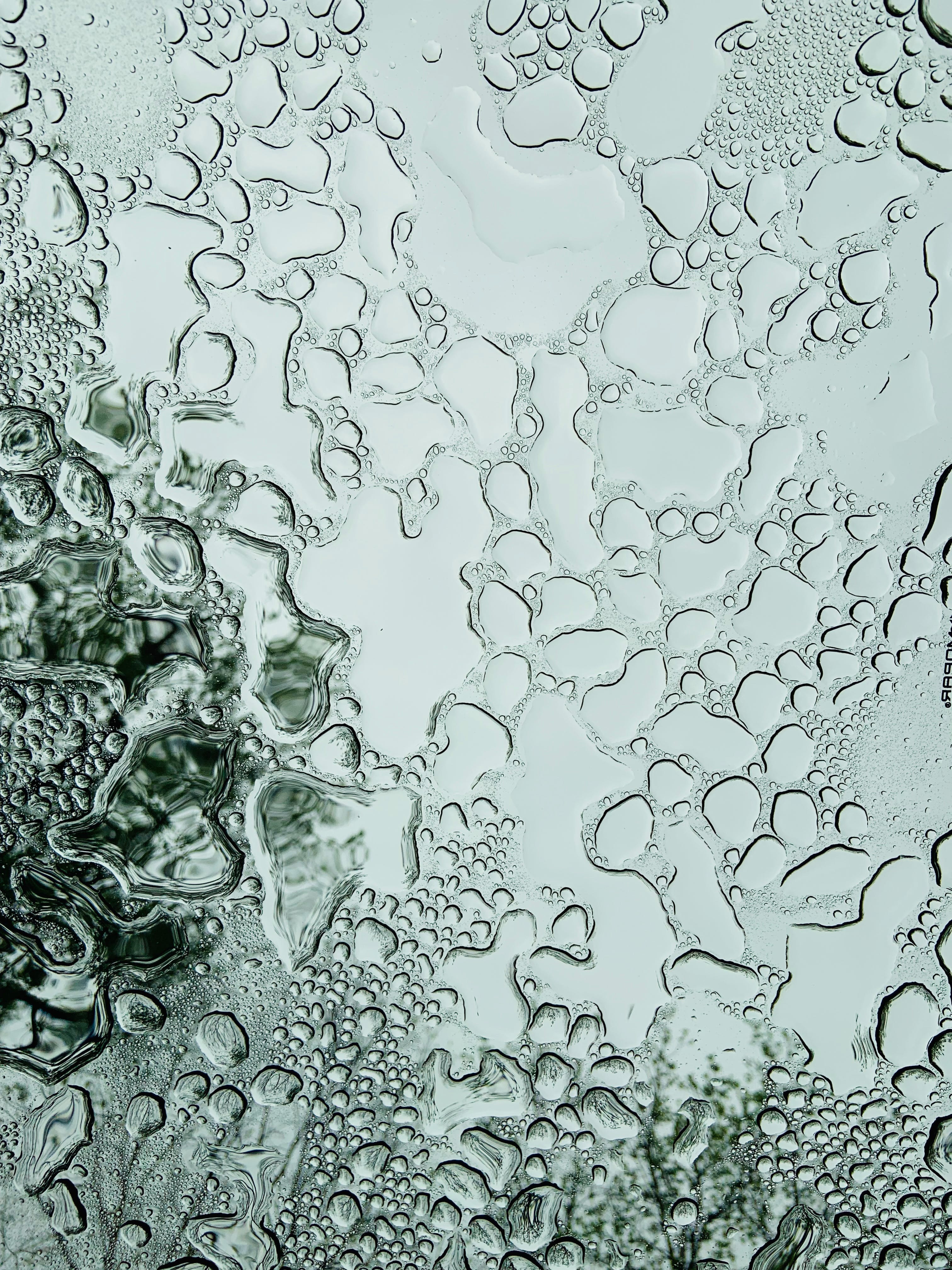

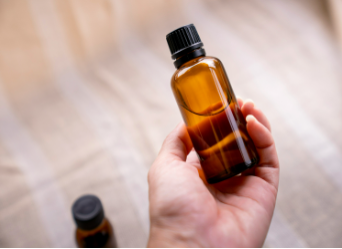





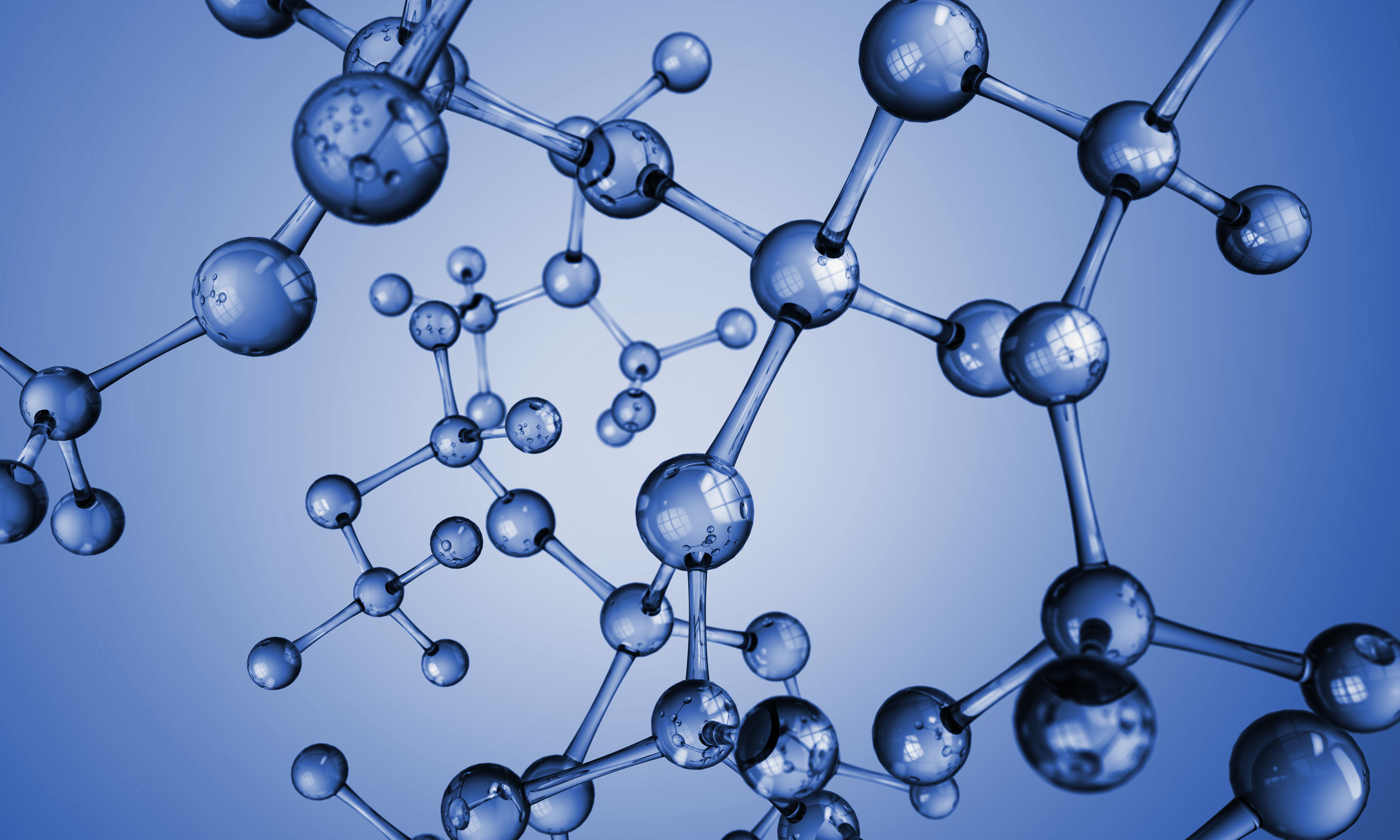










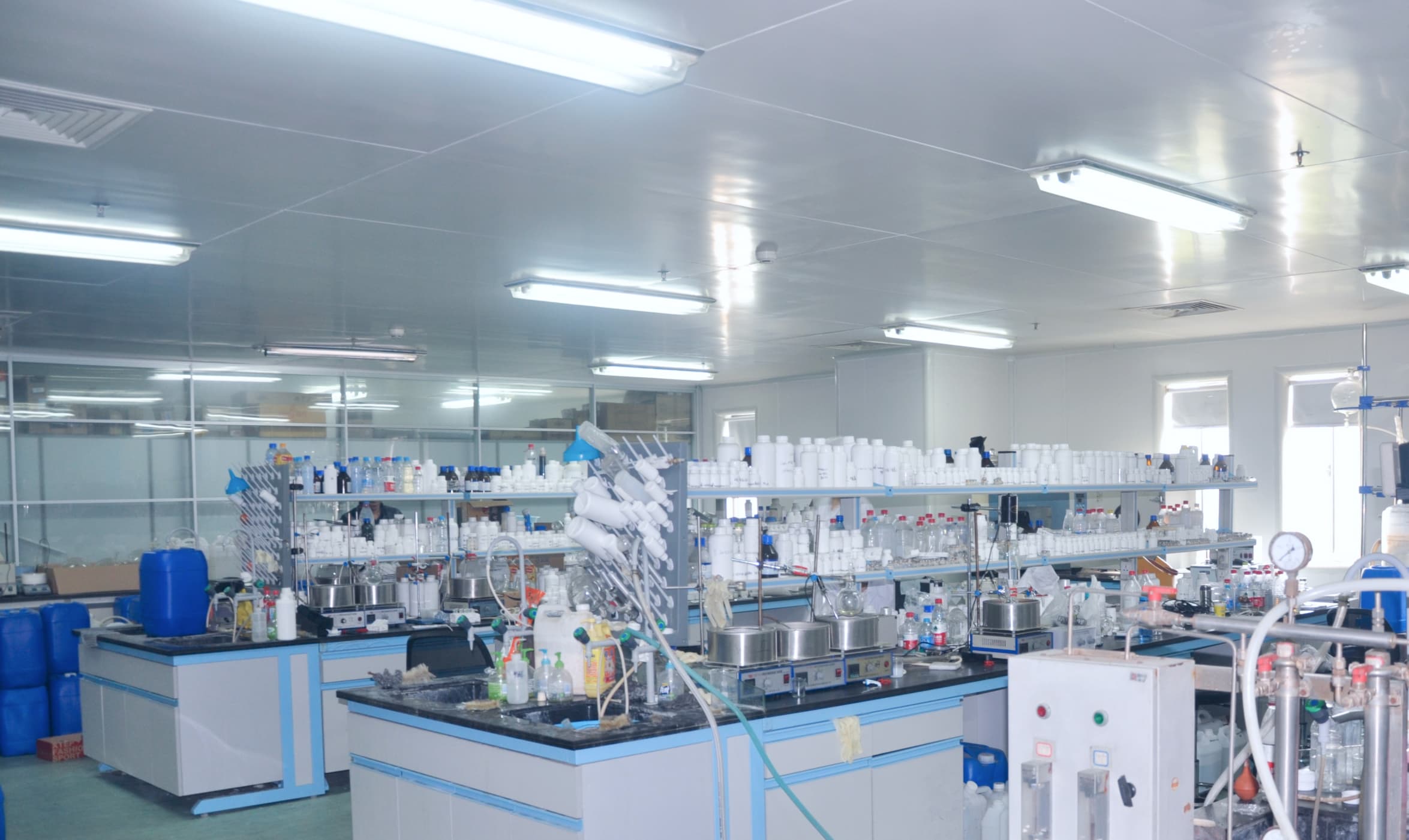


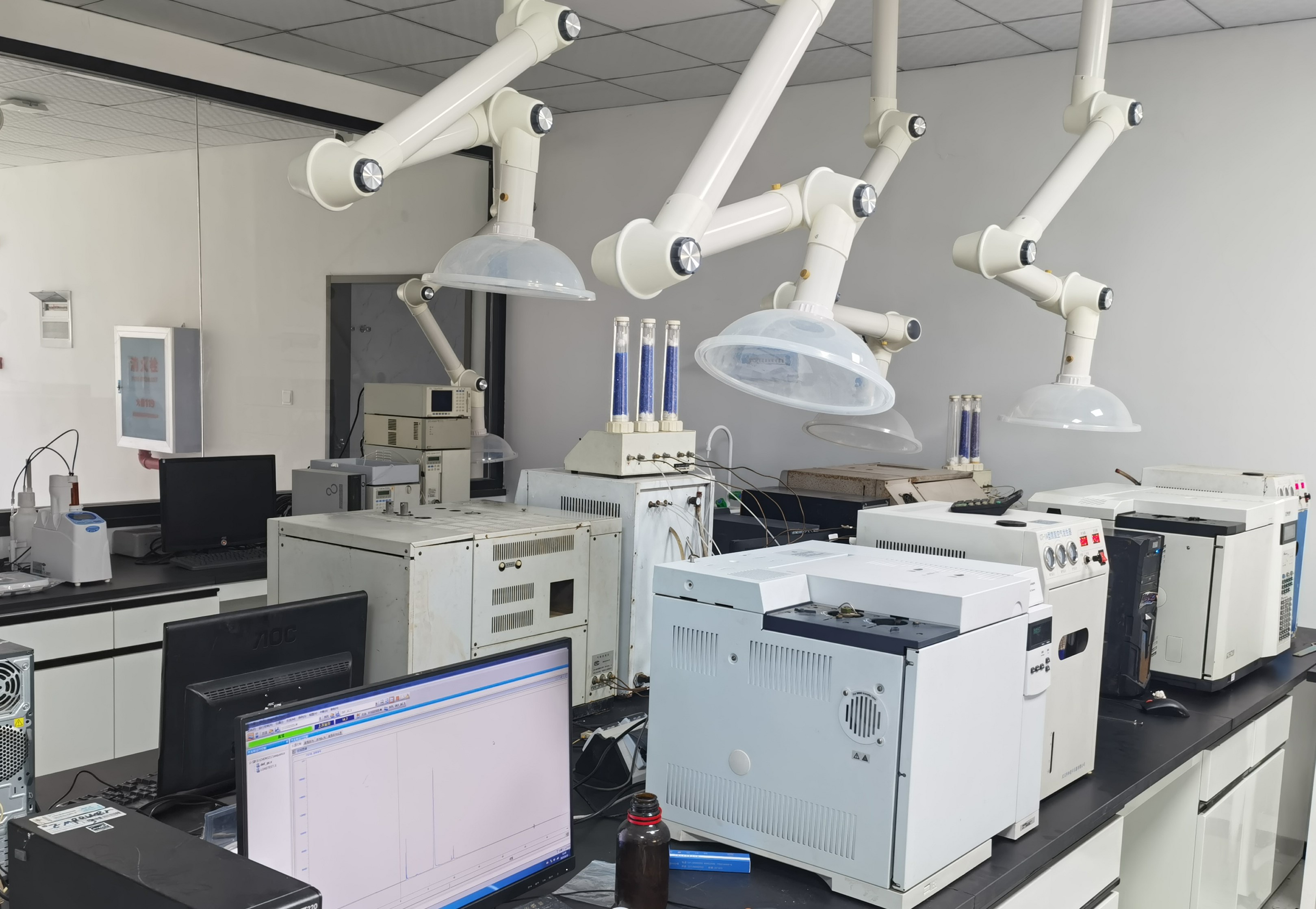
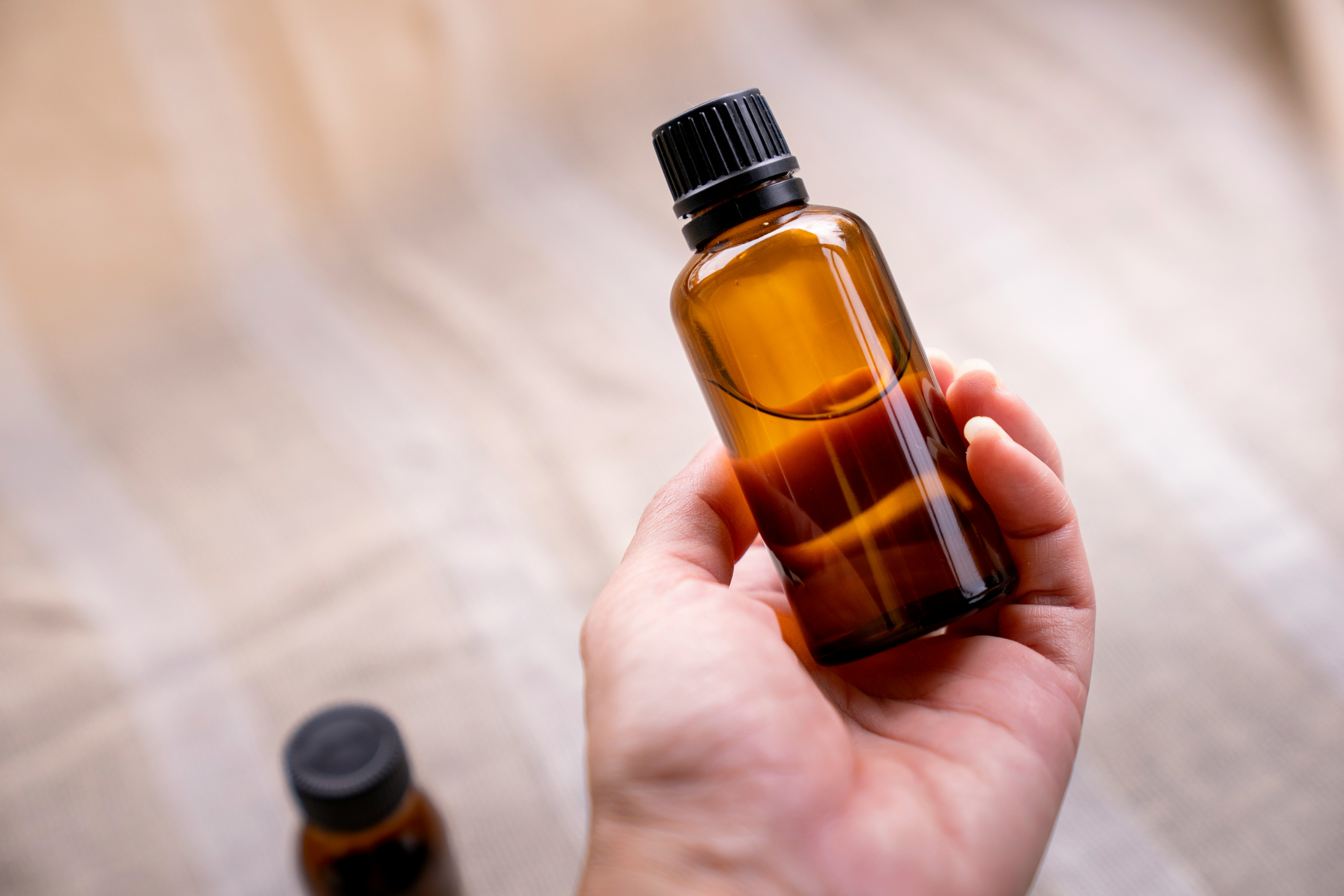
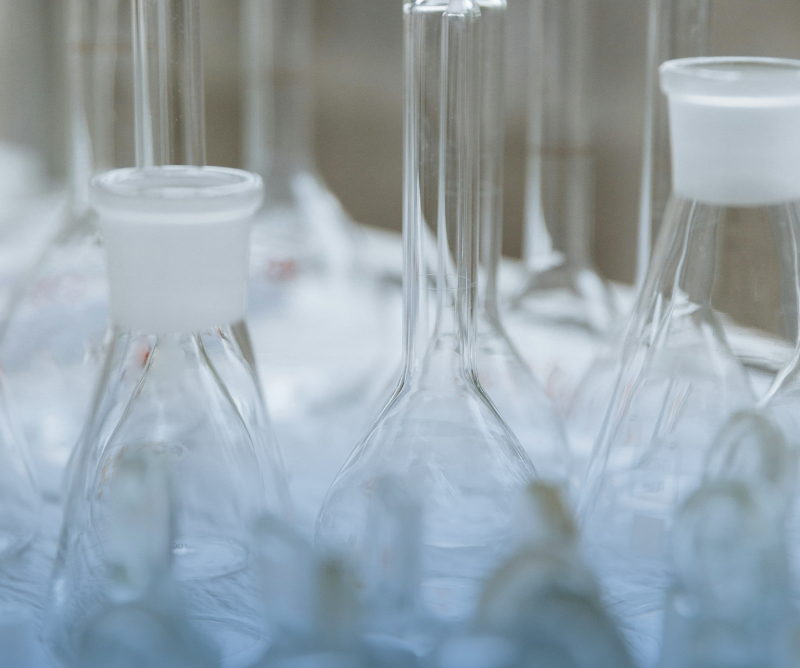

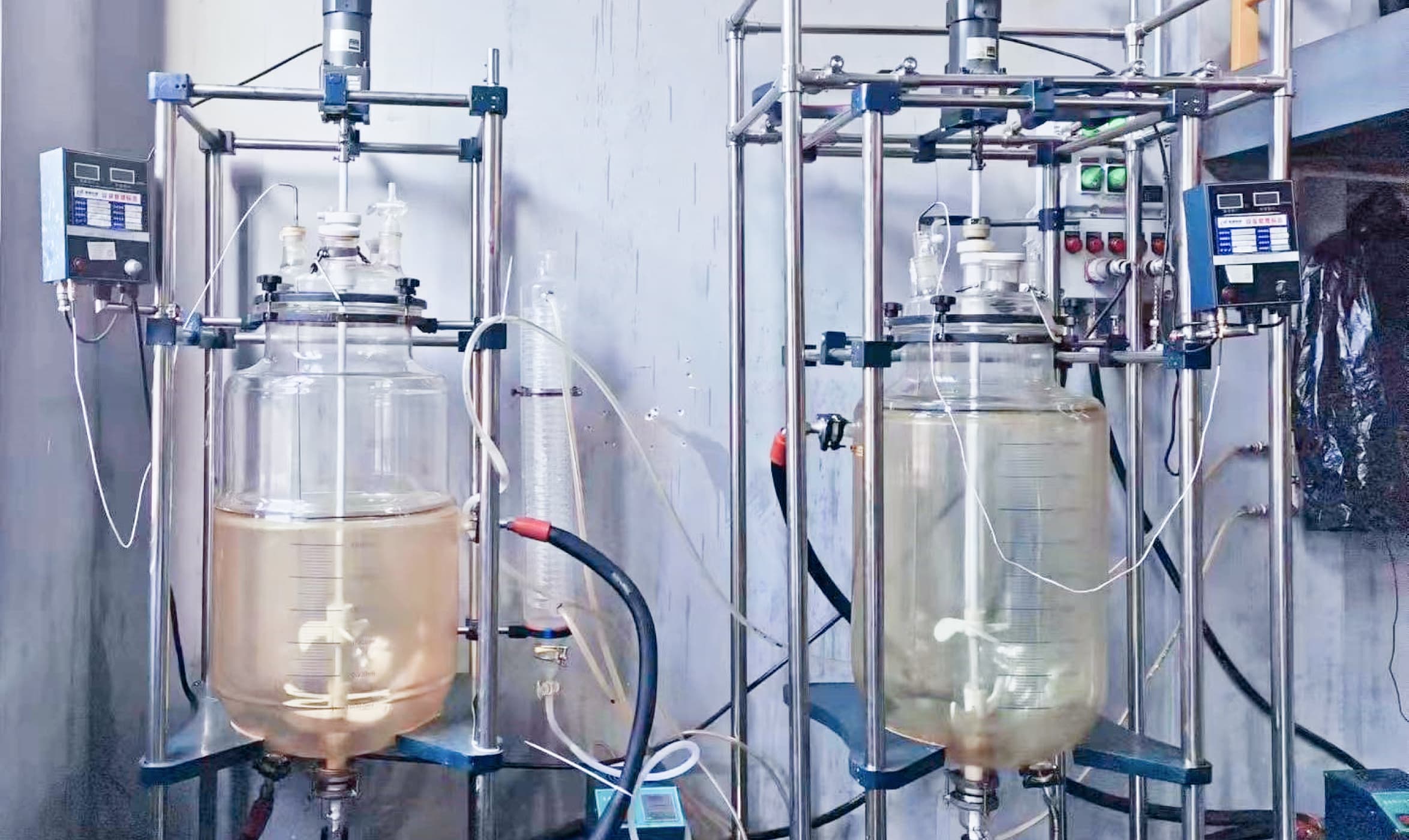
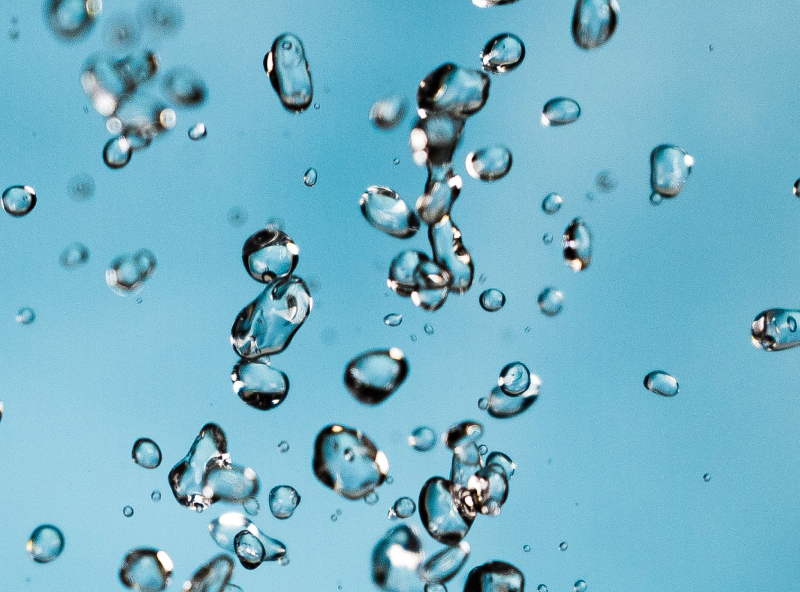


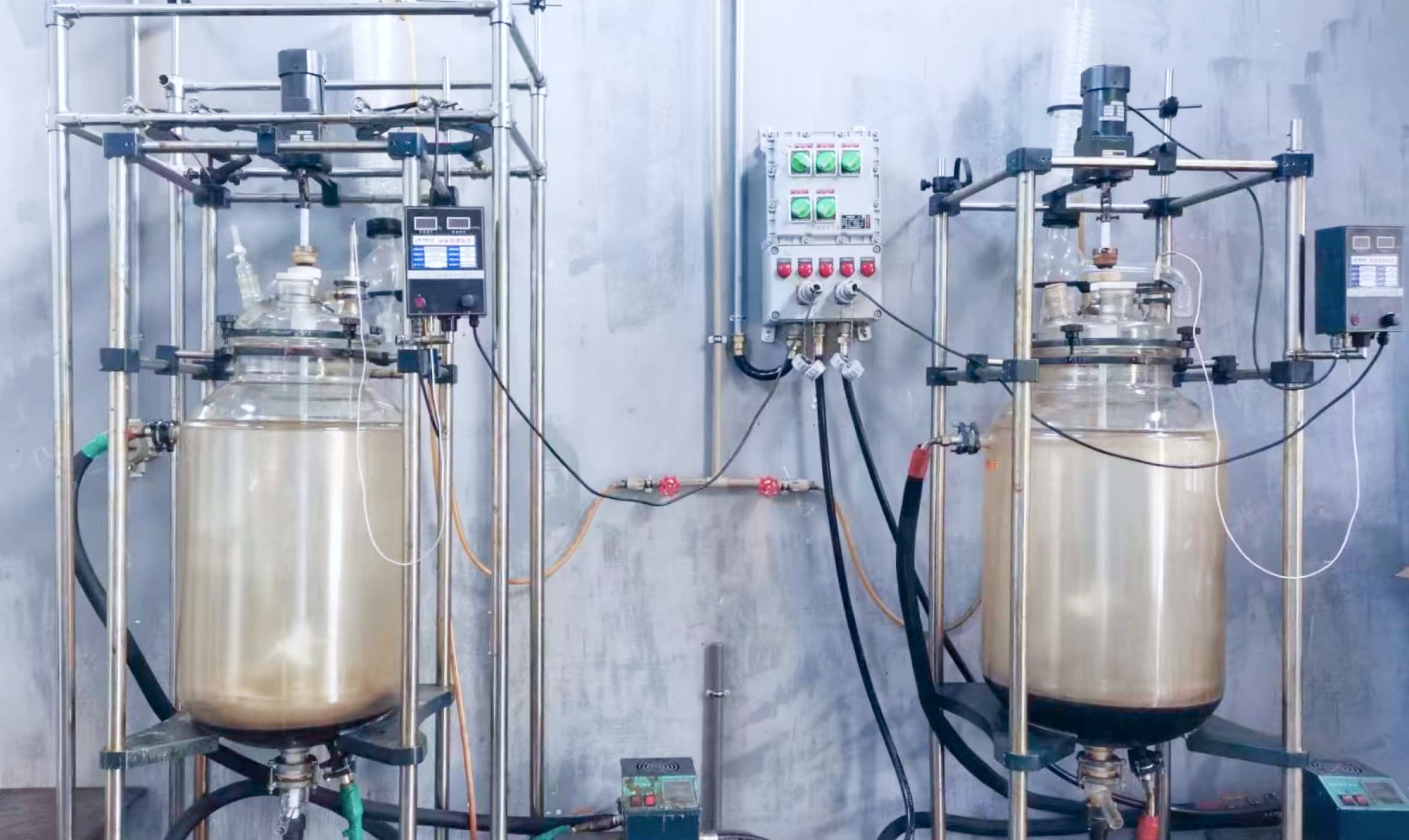
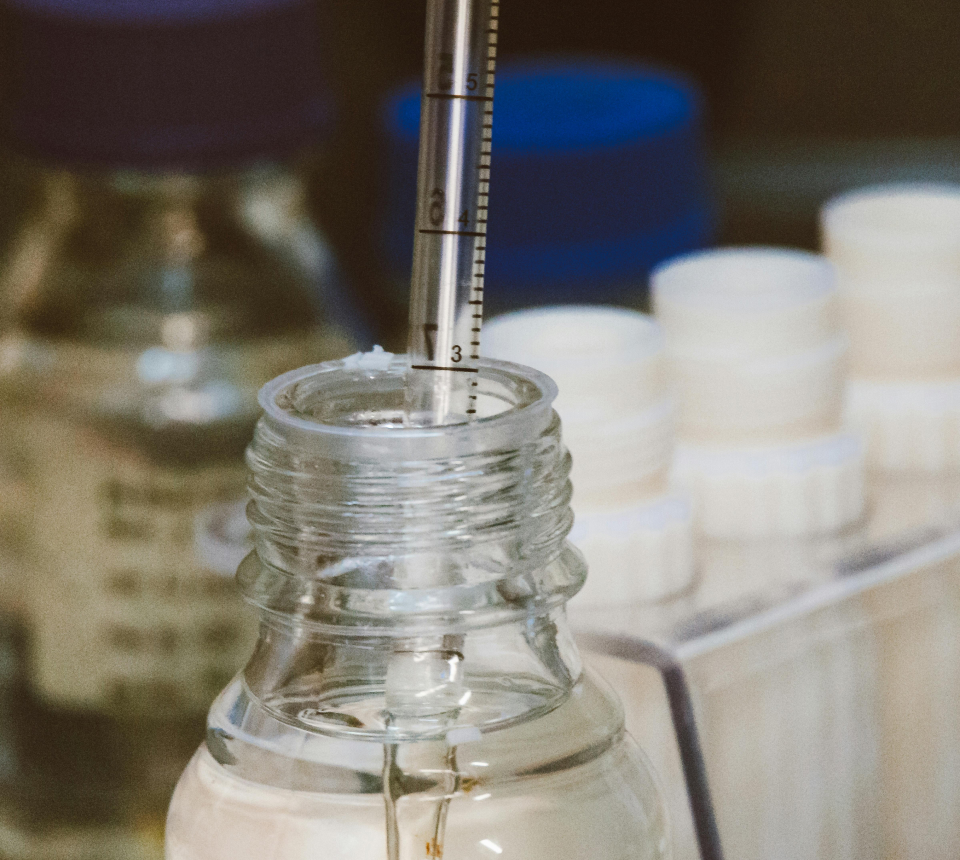





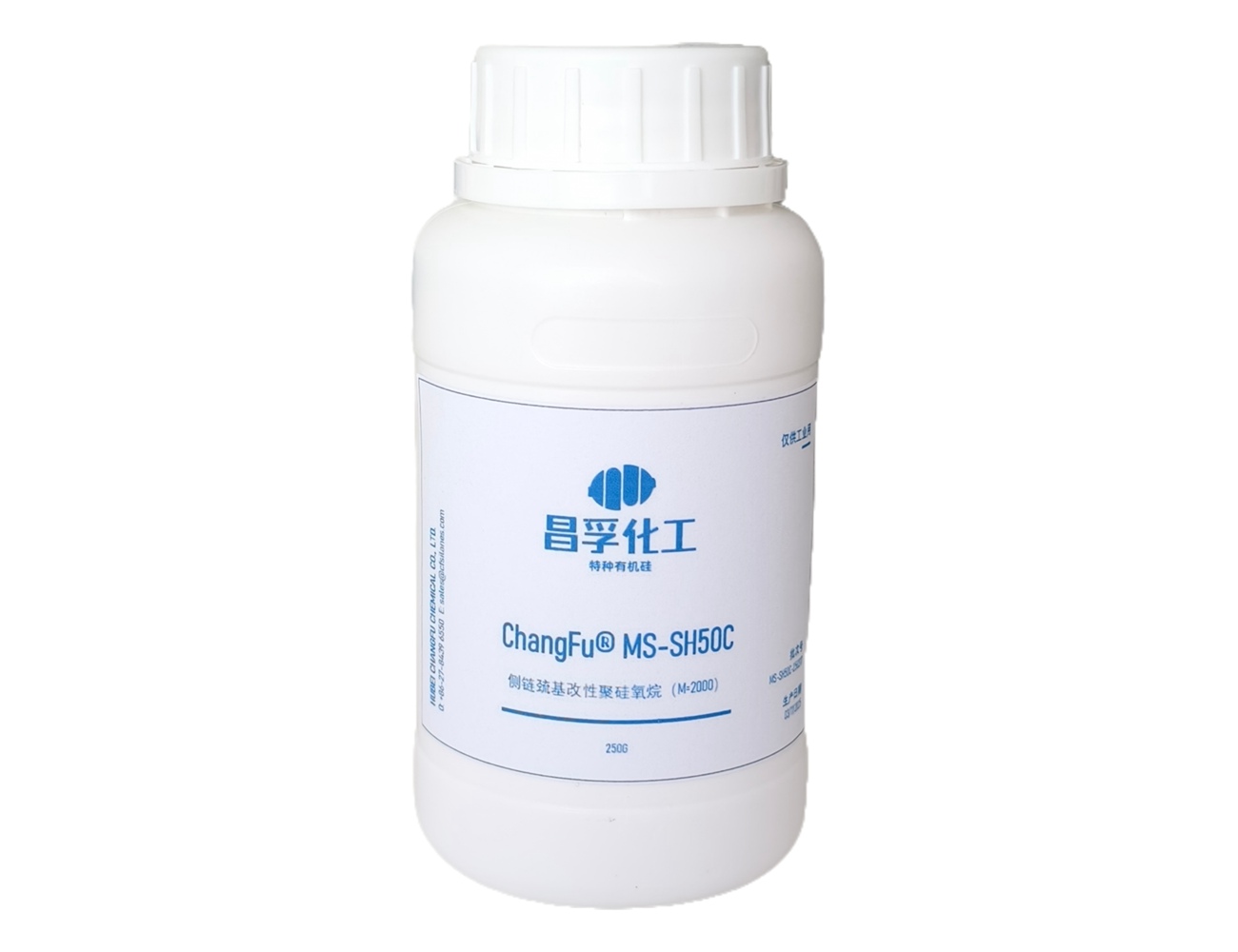



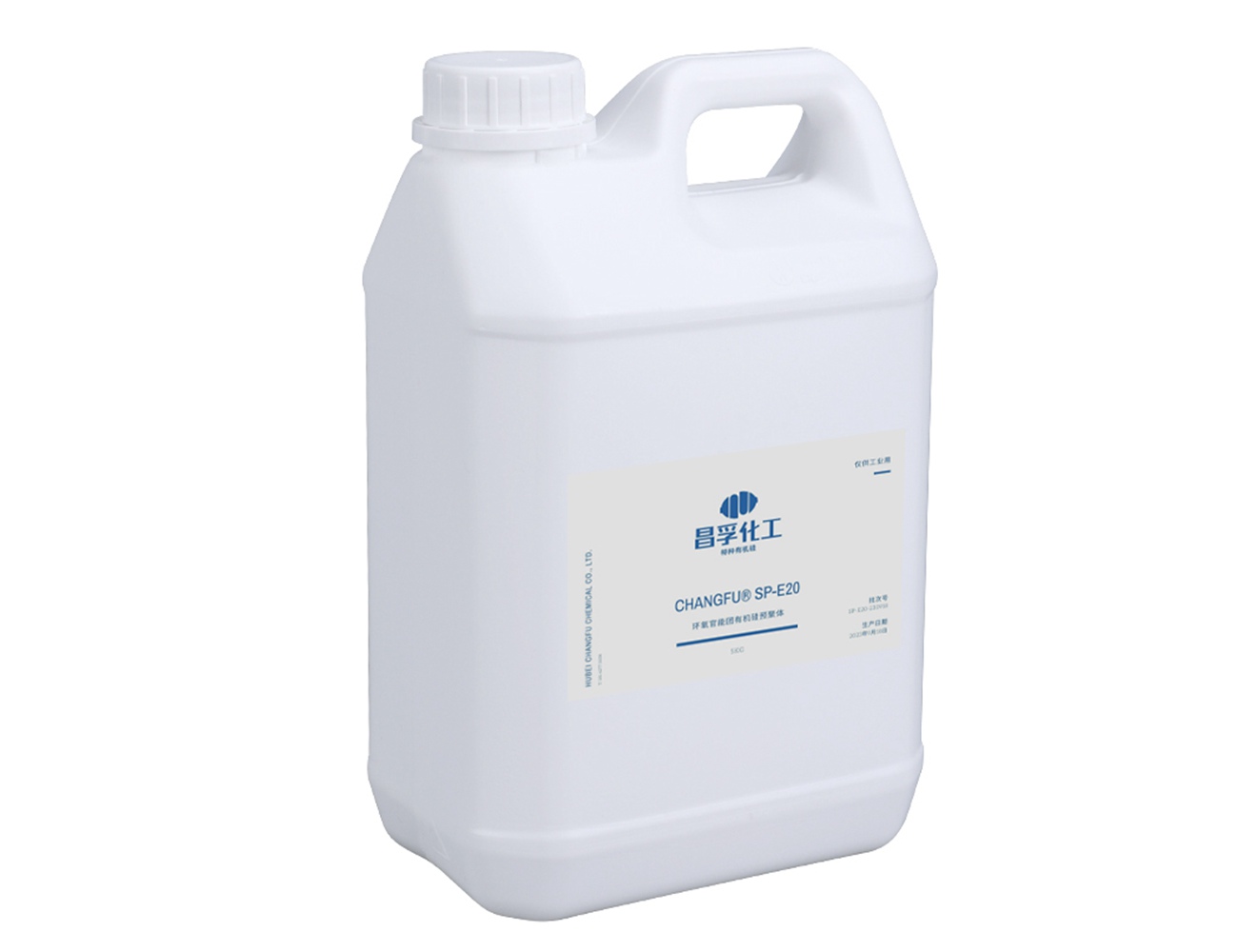
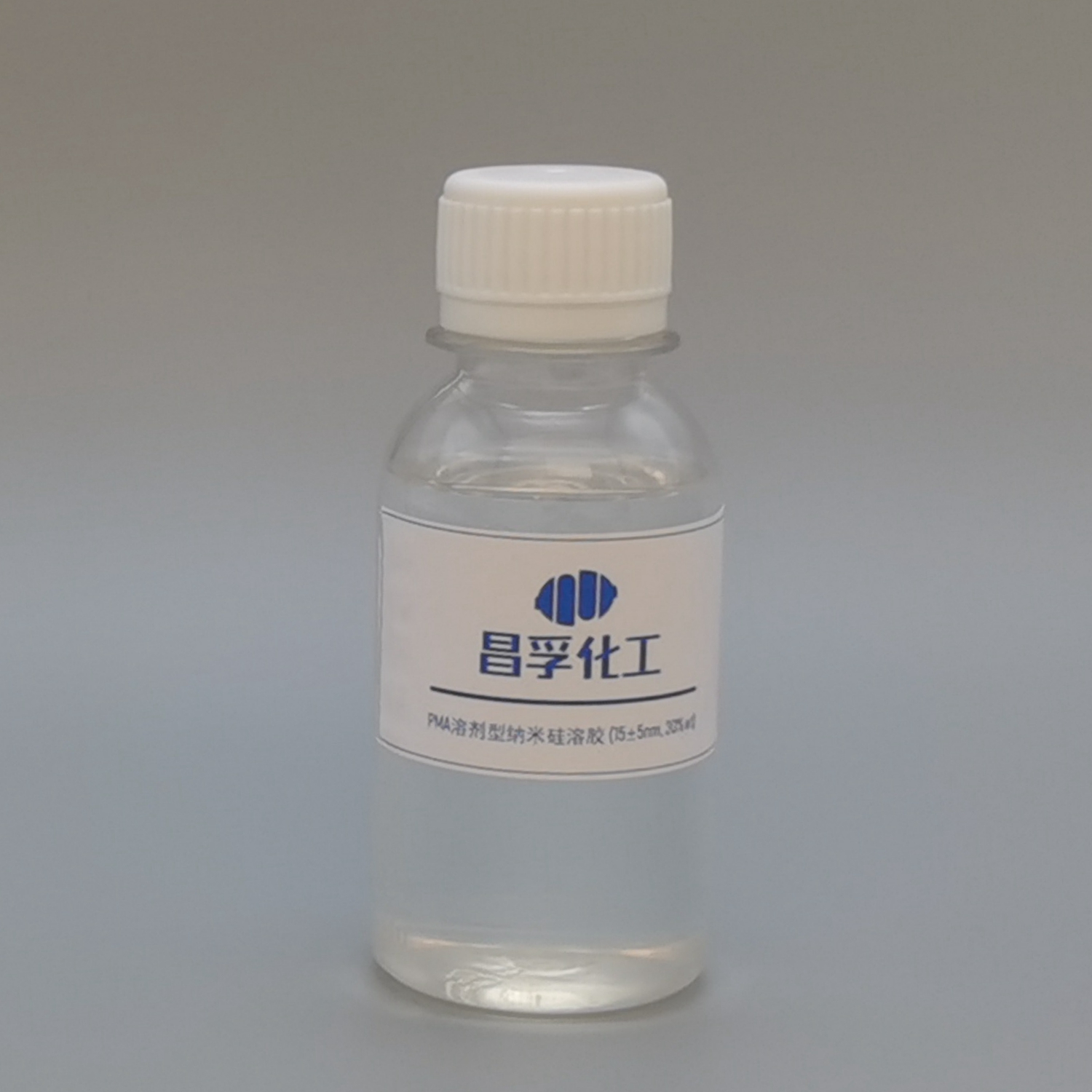
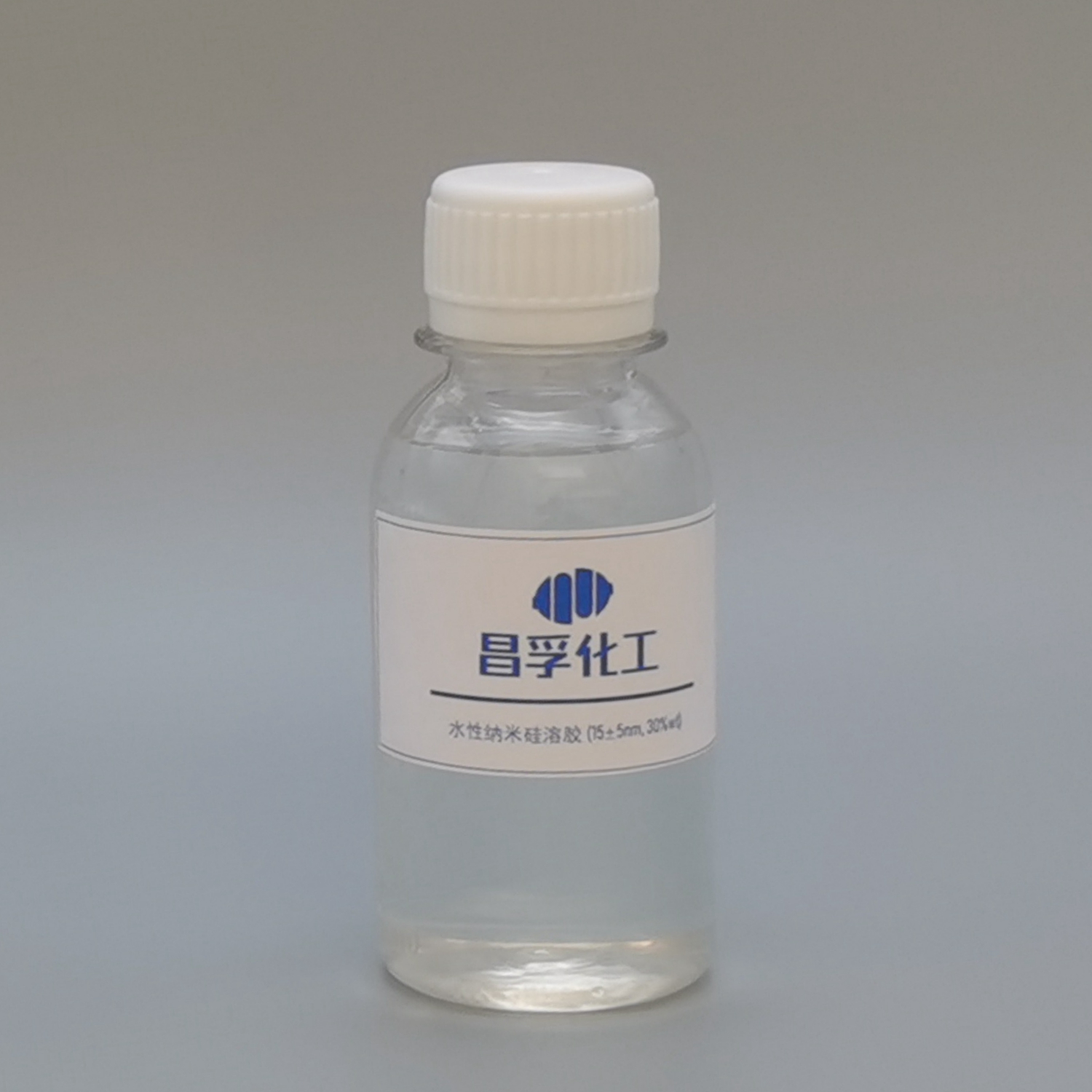

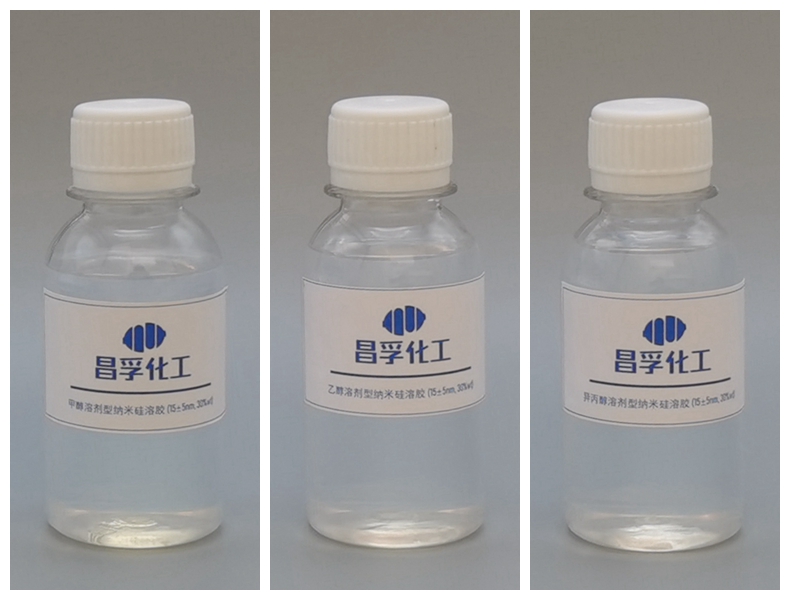
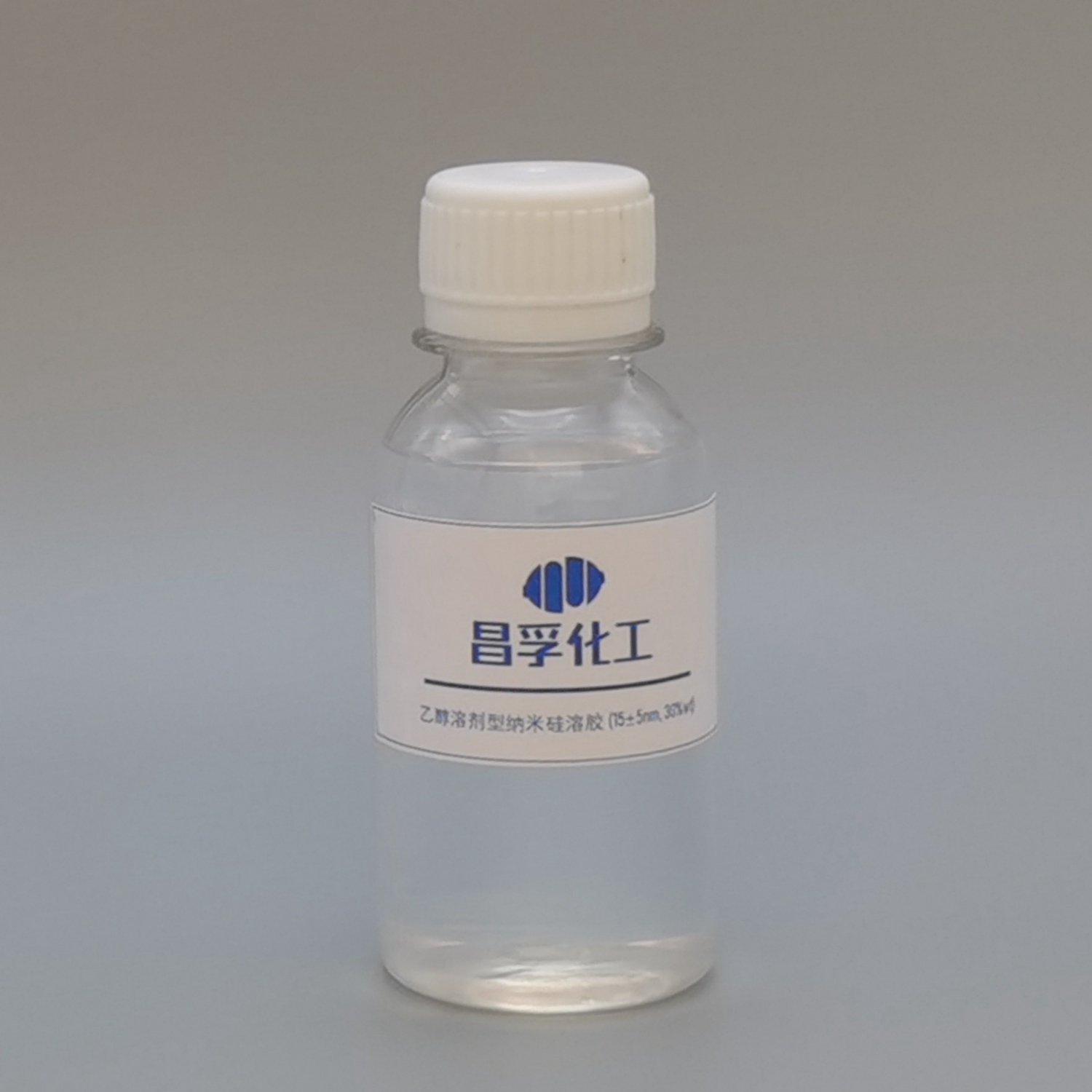
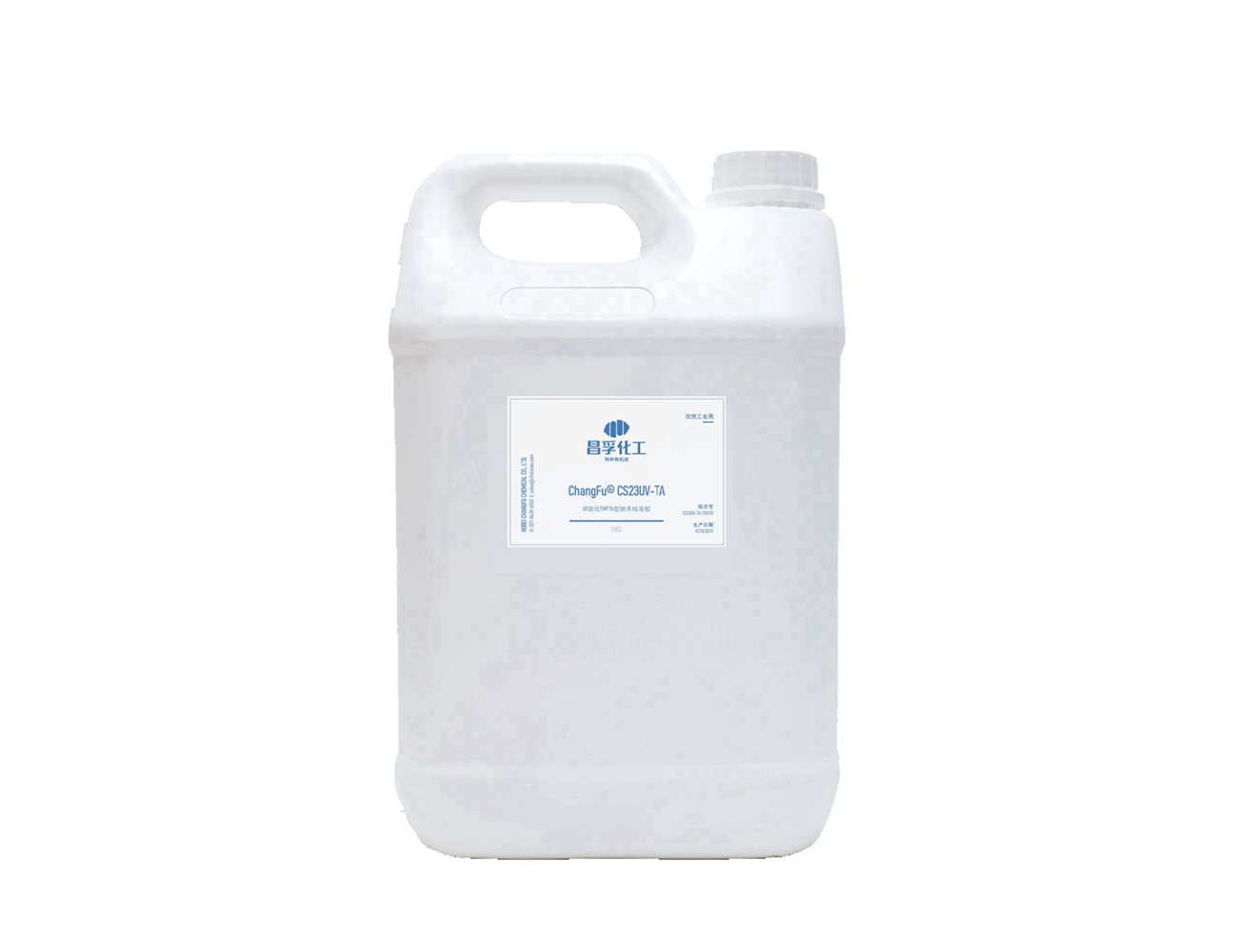
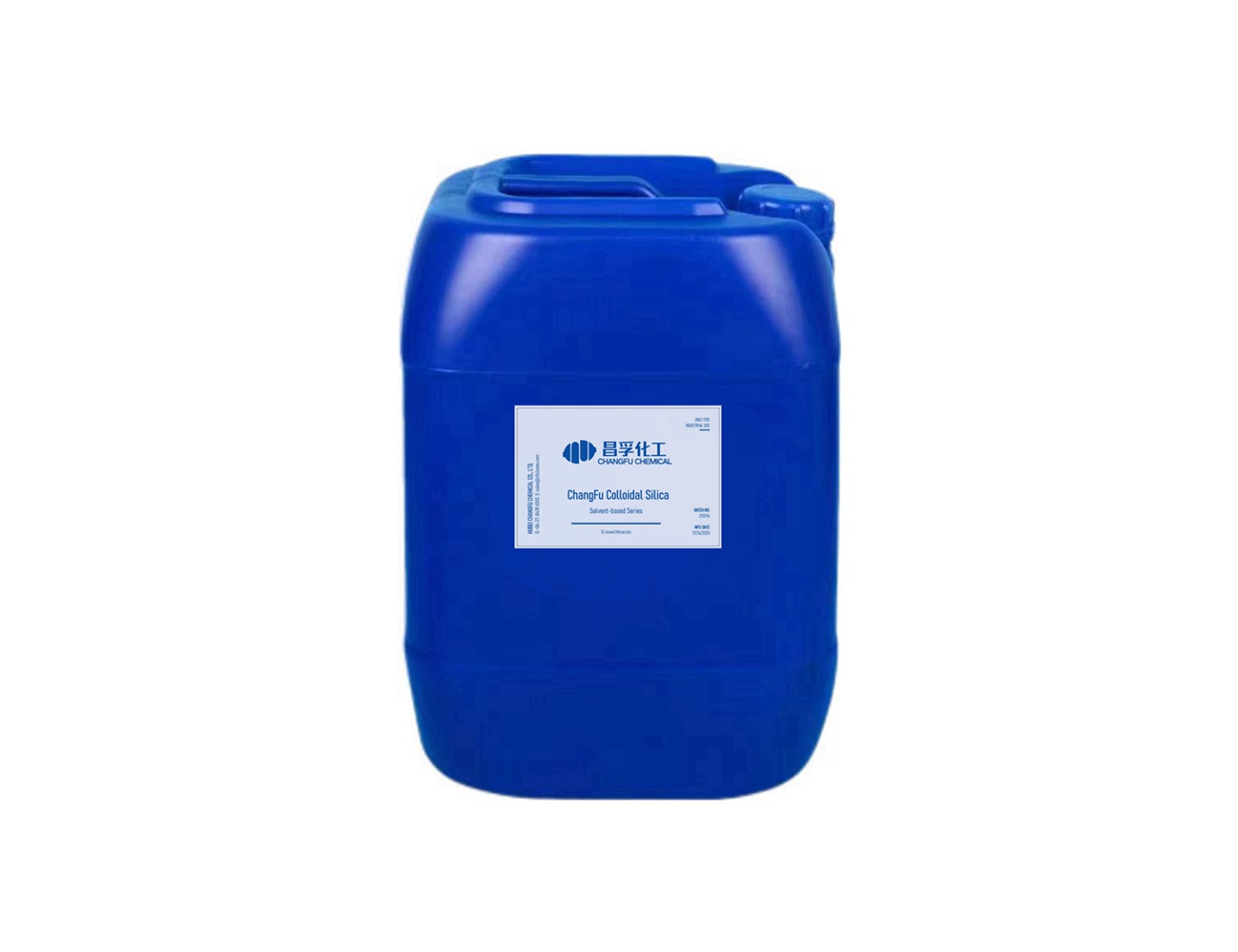


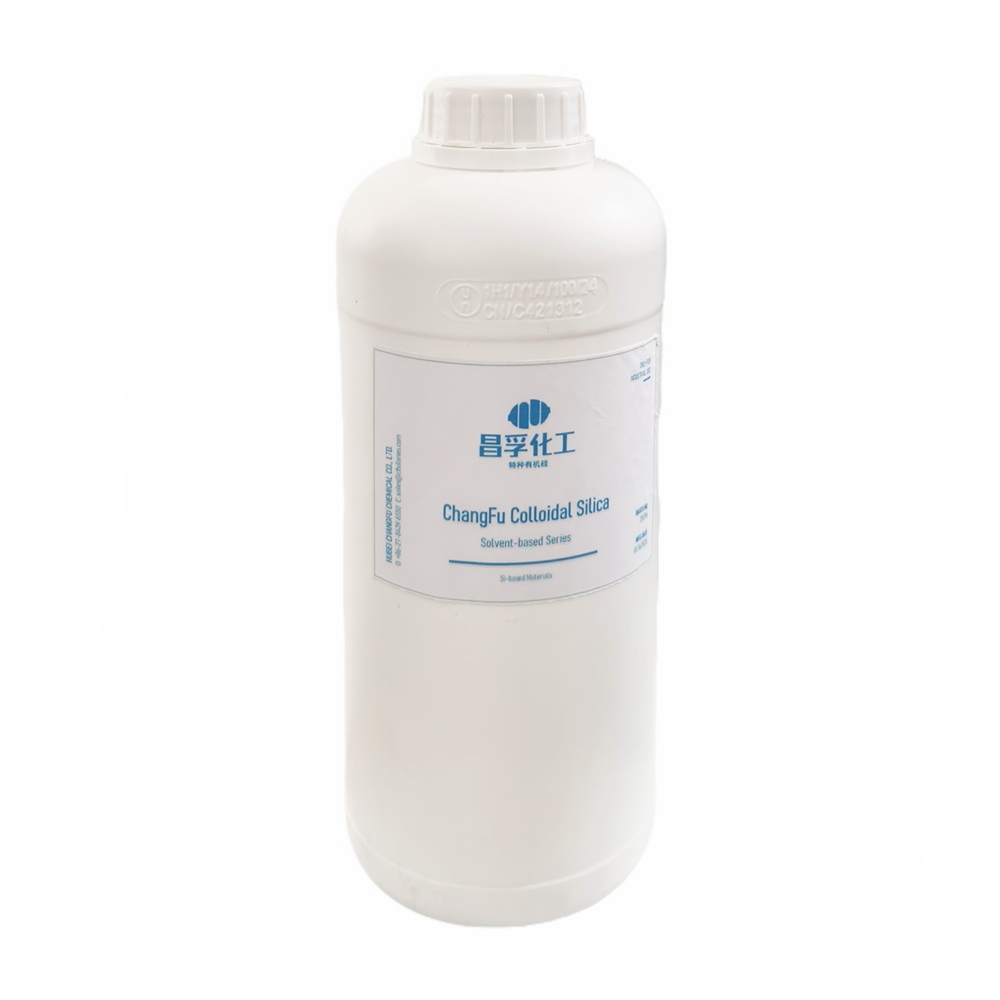


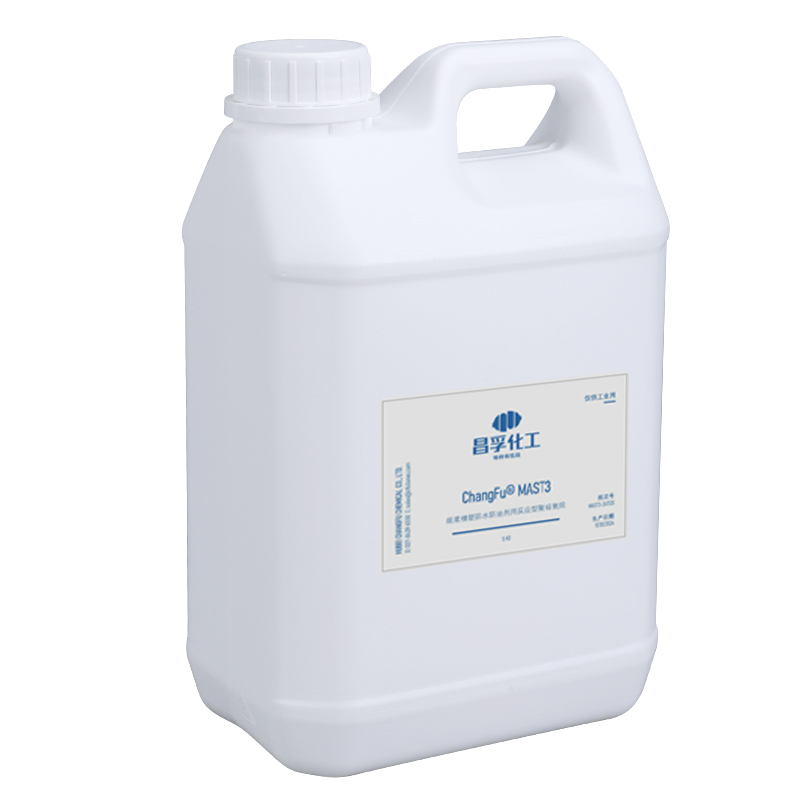





































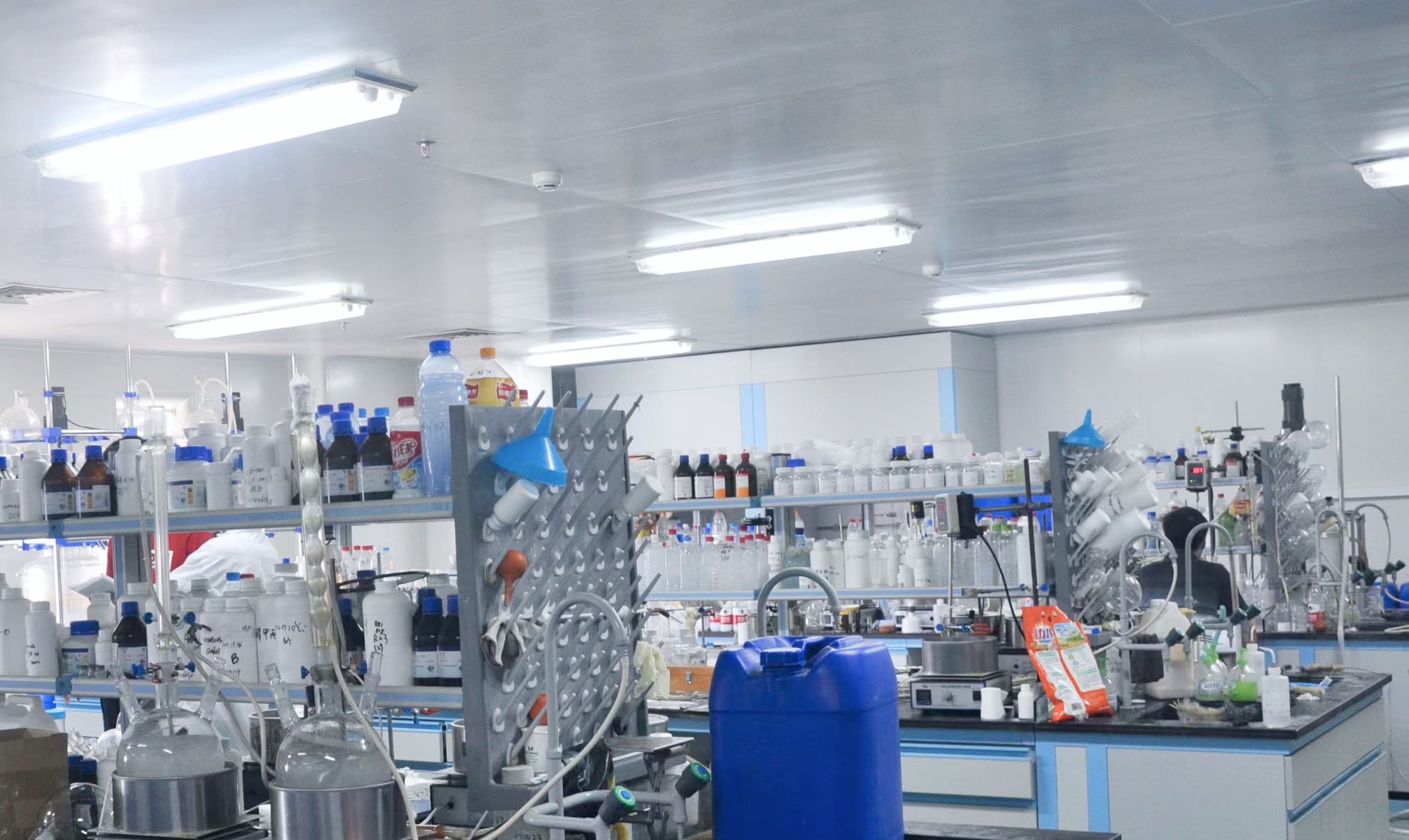

+86 27 8439 6550
+86 181 6277 0058
sales@cfsilanes.com
Optics Valley Bio-City
No. 666, Gaoxin Avenue
Hongshan District, Wuhan City

+86 27 8439 6550 | +86 181 6277 0058
sales@cfsilanes.com
Optics Valley Bio-City
No. 666, Gaoxin Avenue
Hongshan District, Wuhan City
Copyright © Hubei ChangFu Chemical Co., Ltd. All Rights



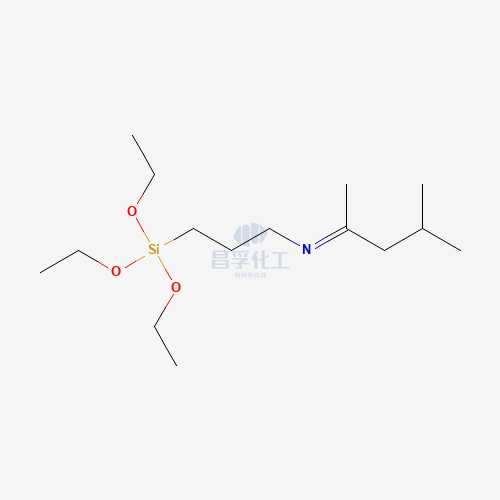
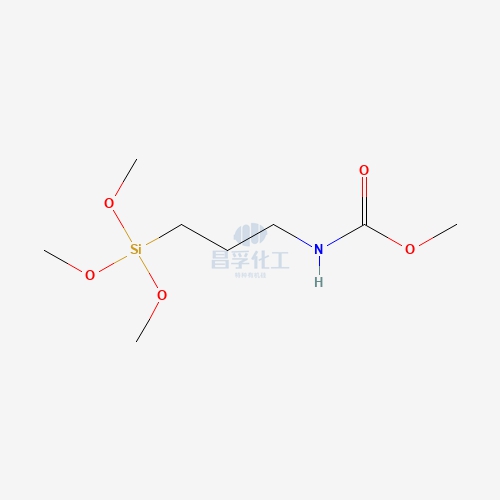
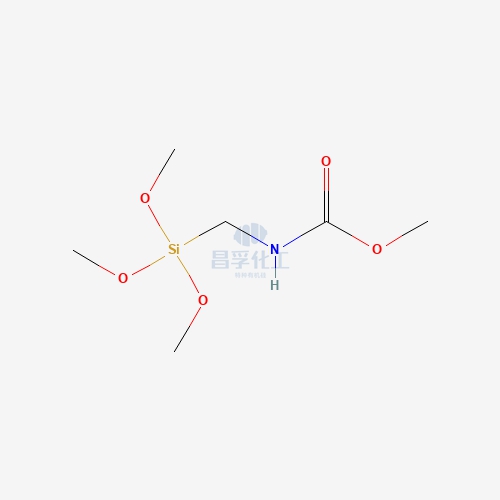
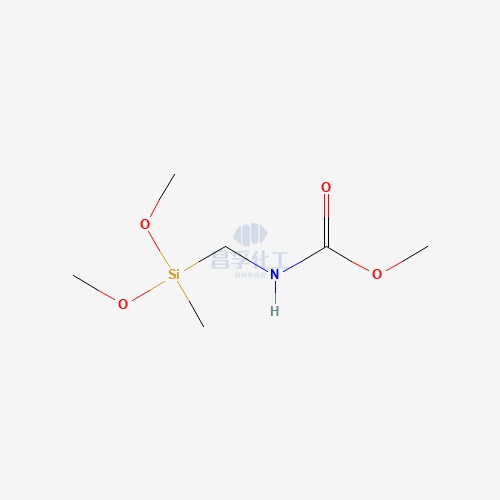
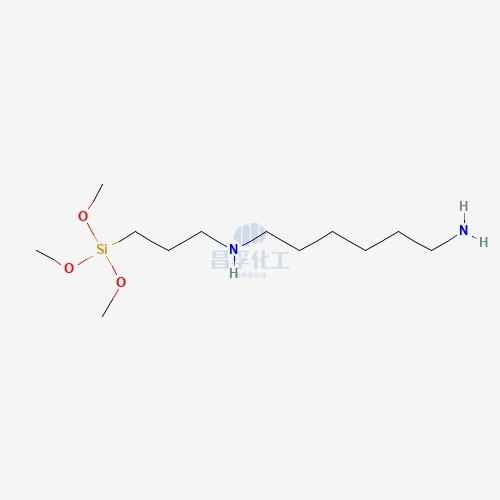
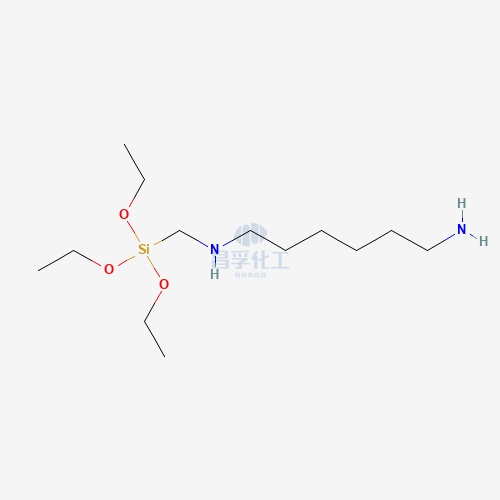
![N-[5-(Trimethoxysilylpropyl)-2-aza-1-oxopentyl]caprolactam CAS: 106996-32-1 106996 32 1 N-[5-(Trimethoxysilylpropyl)-2-aza-1-oxopentyl]caprolactam CAS: 106996-32-1 106996 32 1](https://cdn.yofishseo.com/1363882761272232/106996-32-1.jpg)
